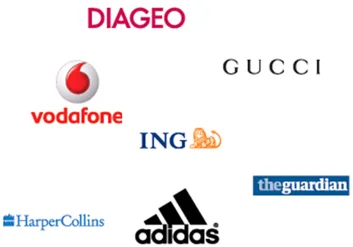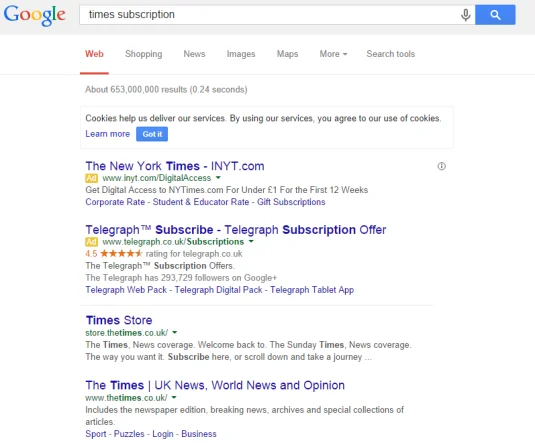Whether or not it’s beneficial for companies to bid on their own brand name for search engine marketing purposes has been widely debated. A recent study sheds new light on the matter and shows when its right for companies to bid on their own brand terms in search ads.
Bing recently conducted a study to determine this exact query. Analysis found that bidding on your own brand terms can result in your overall click-yield increasing dramatically, and can also create short-term benefits. On the flip side, the study also raised some very important issues facing companies who choose not to include brand name bidding on their digital marketing agenda.
So why should you bid on a brand term you already own?
The most important issue that a brand may face is the risk of losing vital traffic and sending potential customers toward competitors. Advertisers can, and often will, bid on a rival brand’s keywords and by doing so direct customers towards their own website.
In other words, competitors have the opportunity to get ahead in overall click-yield by stealing clicks and customers that are rightfully yours.
The screenshot above shows how the first result of the organic listings matches the search query, but there is no match in the paid ads. Rival brands have similar keywords in the search query and by doing so it clearly shows that a similar offer can be found elsewhere.
Bidding on your own brand terms can increase the overall traffic to your site. In fact, Bing’s study found that advertisers could actually lose up to 50% of their click yield even if a brand has a strong SEO strategy.
Bidding on your own brand terms can also allow you to control the message you want to use to attract customers. Through the use of paid ads, brands are able to list product ads or site links, which are much more engaging than plain text organic listings.
Own your brand results
Bidding on your own brand’s keywords and queries allows your company to dominate search engine results and control what users see first. For example, if a customer is searching for a particular product or service, it is important to recognise that they won’t just click on your website due to it being the first result on the organic list; they will also look at other pages and on ads to check out your competitors’ prices, in the hope of finding the best deal. If your site shows up as the first result on both organic and paid search results, it will demonstrate to the customer that your brand is clearly one of the best options.
Will the practice benefit your brand? Bing’s small print reads: results may vary, but a controlled budget test ride certainly won’t cause any harm.








